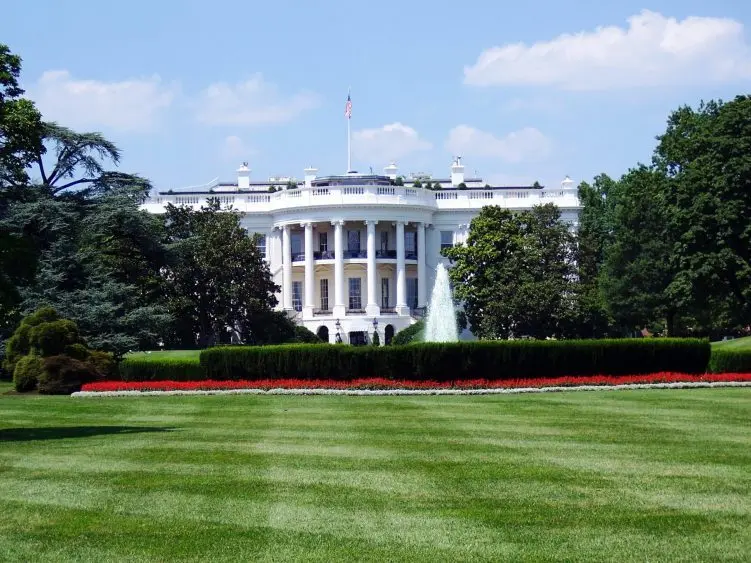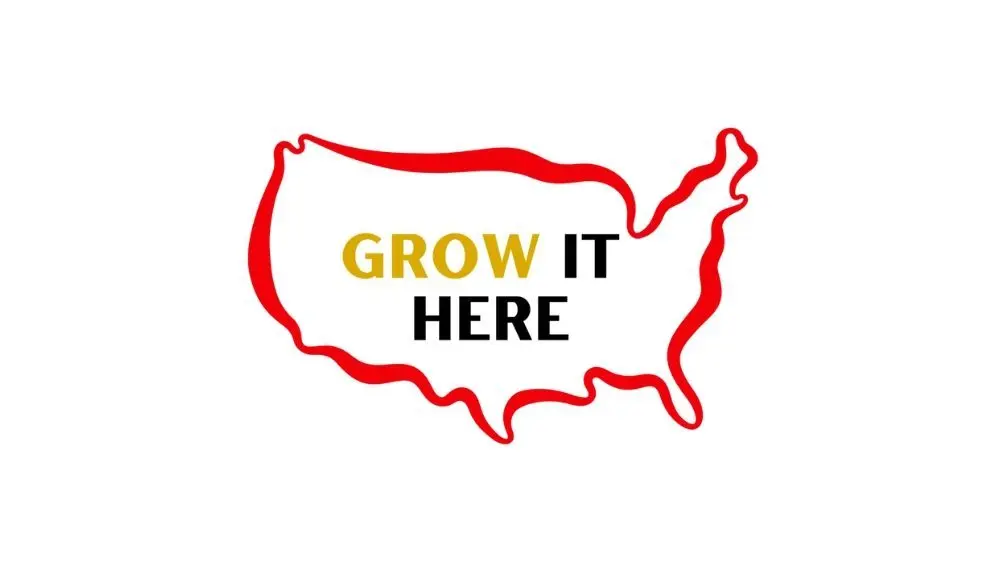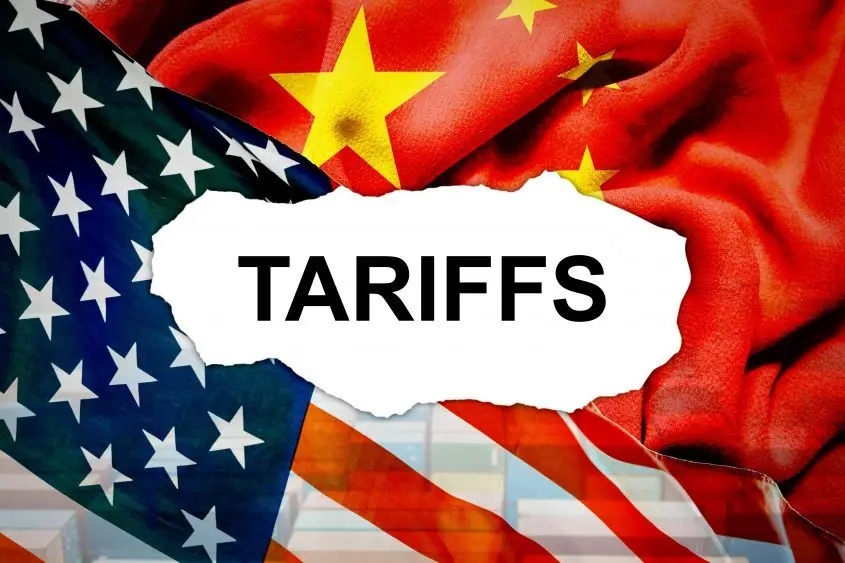
President Donald Trump announced late Thursday that he was ending “all trade negotiations” with Canada, citing what he called “egregious behavior” over a television advertisement opposing U.S. tariffs. Trump said the ad, which used a manipulated video of former President Ronald Reagan, misrepresented the facts and was intended to influence U.S. court decisions.
Trump wrote on his social media site, “The Ronald Reagan Foundation has just announced that Canada has fraudulently used an advertisement, which is FAKE, featuring Ronald Reagan speaking negatively about Tariffs. The ad was for $75,000. They only did this to interfere with the decision of the U.S. Supreme Court, and other courts. TARIFFS ARE VERY IMPORTANT TO THE NATIONAL SECURITY, AND ECONOMY, OF THE U.S.A. Based on their egregious behavior, ALL TRADE NEGOTIATIONS WITH CANADA ARE HEREBY TERMINATED.”
The post came hours after Canadian Prime Minister Mark Carney said he plans to double his country’s exports to nations outside the U.S. to counter the impact of Trump’s tariff policies. The abrupt termination of negotiations marks the latest escalation in trade tensions that have been building between Washington and Ottawa for months.
Carney’s office did not immediately respond to requests for comment. He is scheduled to leave Friday for a summit in Asia, while Trump is expected to depart for the same event later that day.
Earlier Thursday, the Ronald Reagan Presidential Foundation and Institute said on X that Ontario’s government “misrepresents the ‘Presidential Radio Address to the Nation on Free and Fair Trade’ dated April 25, 1987.” The foundation added that Ontario did not obtain permission “to use and edit the remarks” and said it was “reviewing legal options” while inviting the public to watch Reagan’s unedited address.
Ontario Premier Doug Ford promoted the controversial ad on X last week, writing, “It’s official: Ontario’s new advertising campaign in the U.S. has launched. Using every tool we have, we’ll never stop making the case against American tariffs on Canada. The way to prosperity is by working together.”
Ford’s administration has previously clashed with Trump over tariffs. In an earlier dispute, Ford introduced an electricity surcharge targeting U.S. states, prompting Trump to double tariffs on Canadian steel and aluminum.
More than 75 percent of Canada’s exports go to the U.S., with roughly $3.6 billion Canadian (US$2.7 billion) in goods and services crossing the border daily. Trump’s tariffs have dealt a significant blow to Canada’s manufacturing base, particularly in Ontario’s auto sector. Stellantis recently announced plans to relocate a production line from Ontario to Illinois, citing rising costs tied to tariffs and trade uncertainty.



